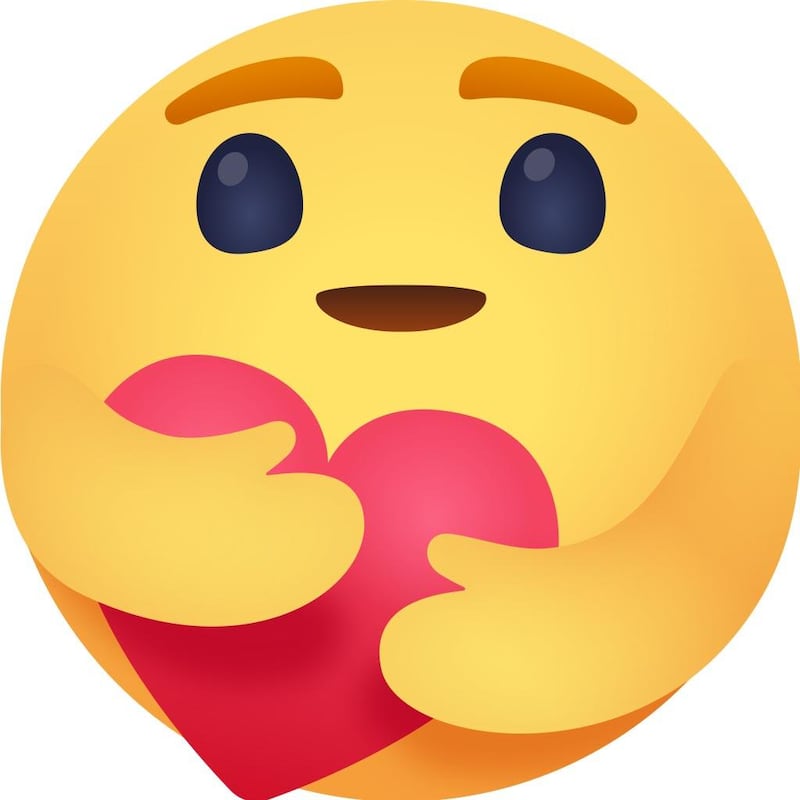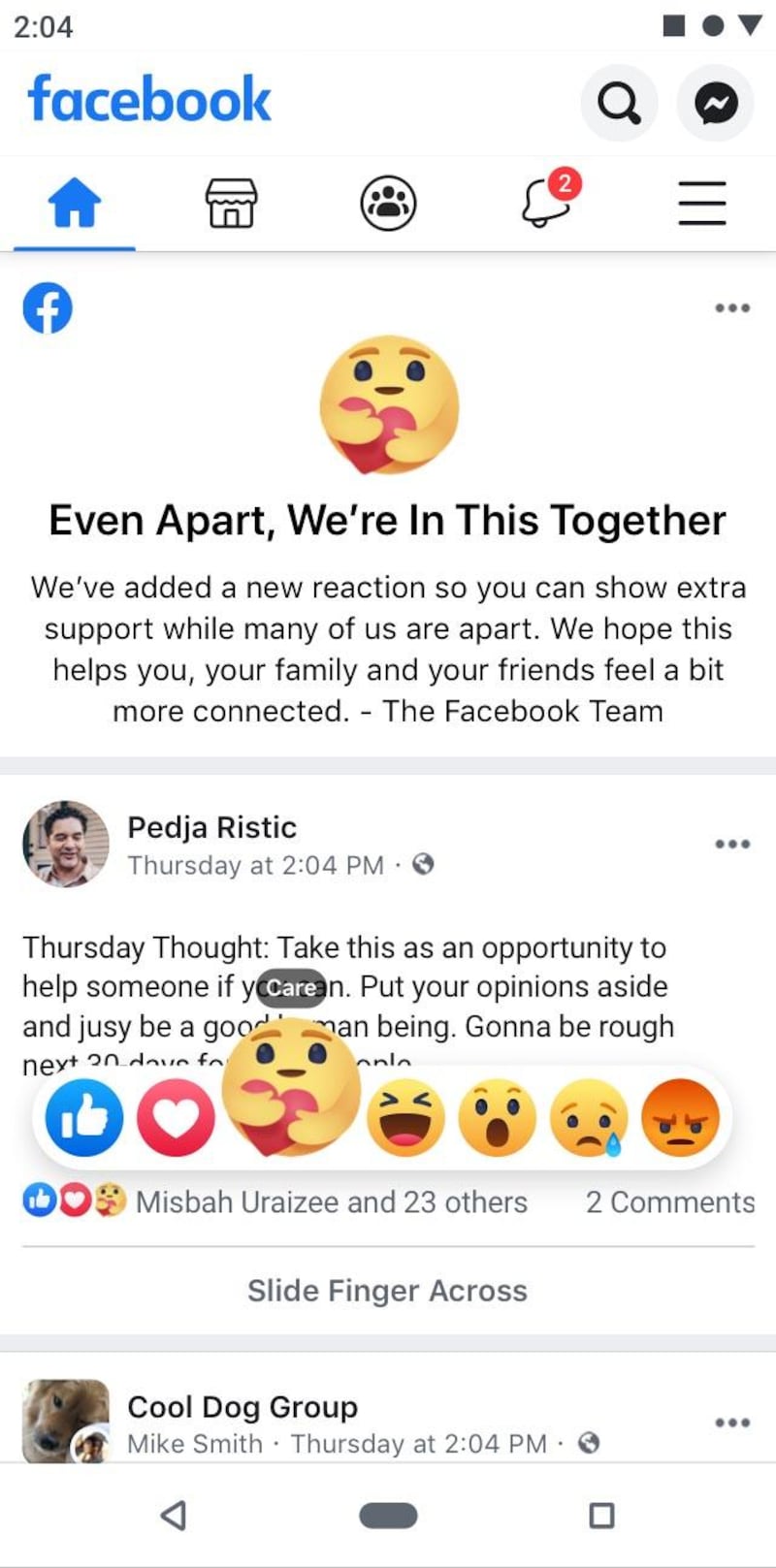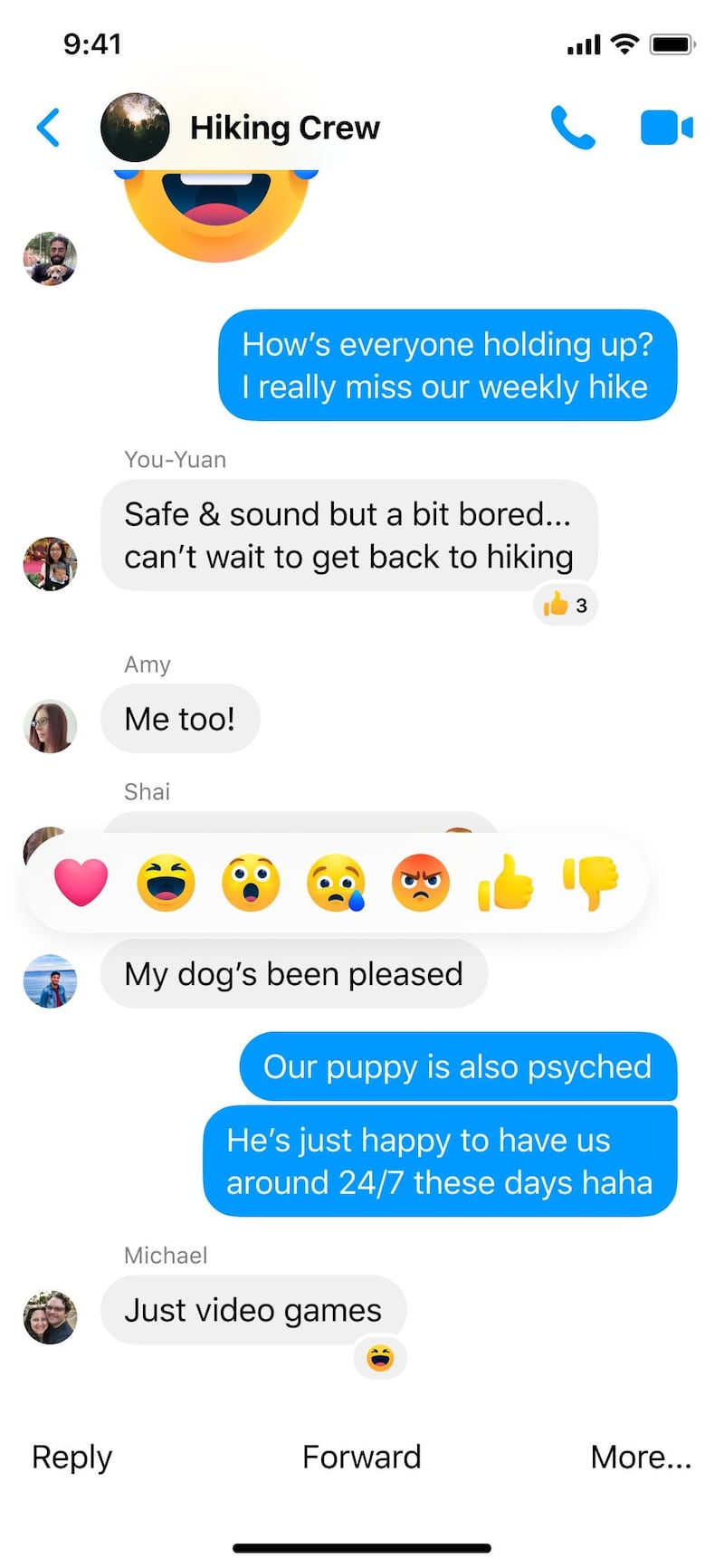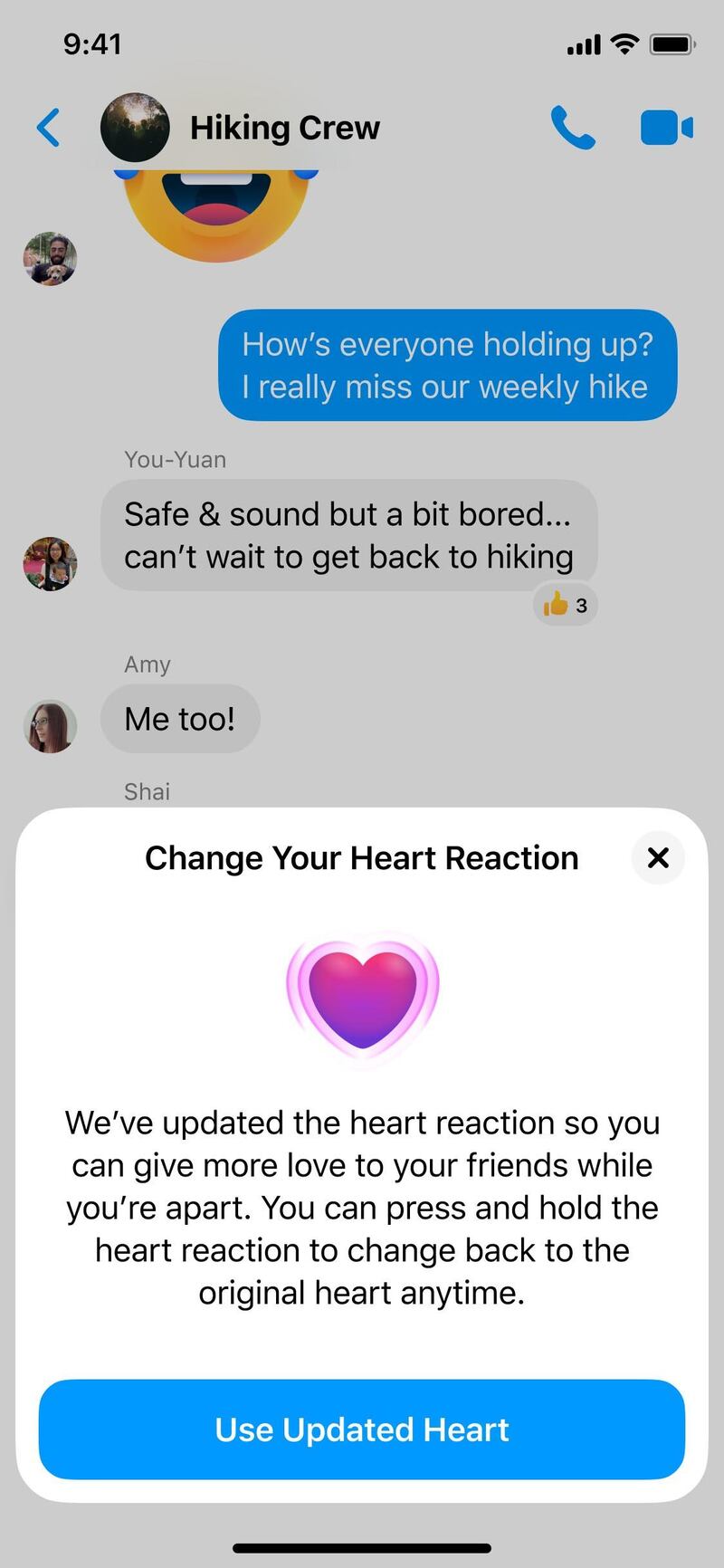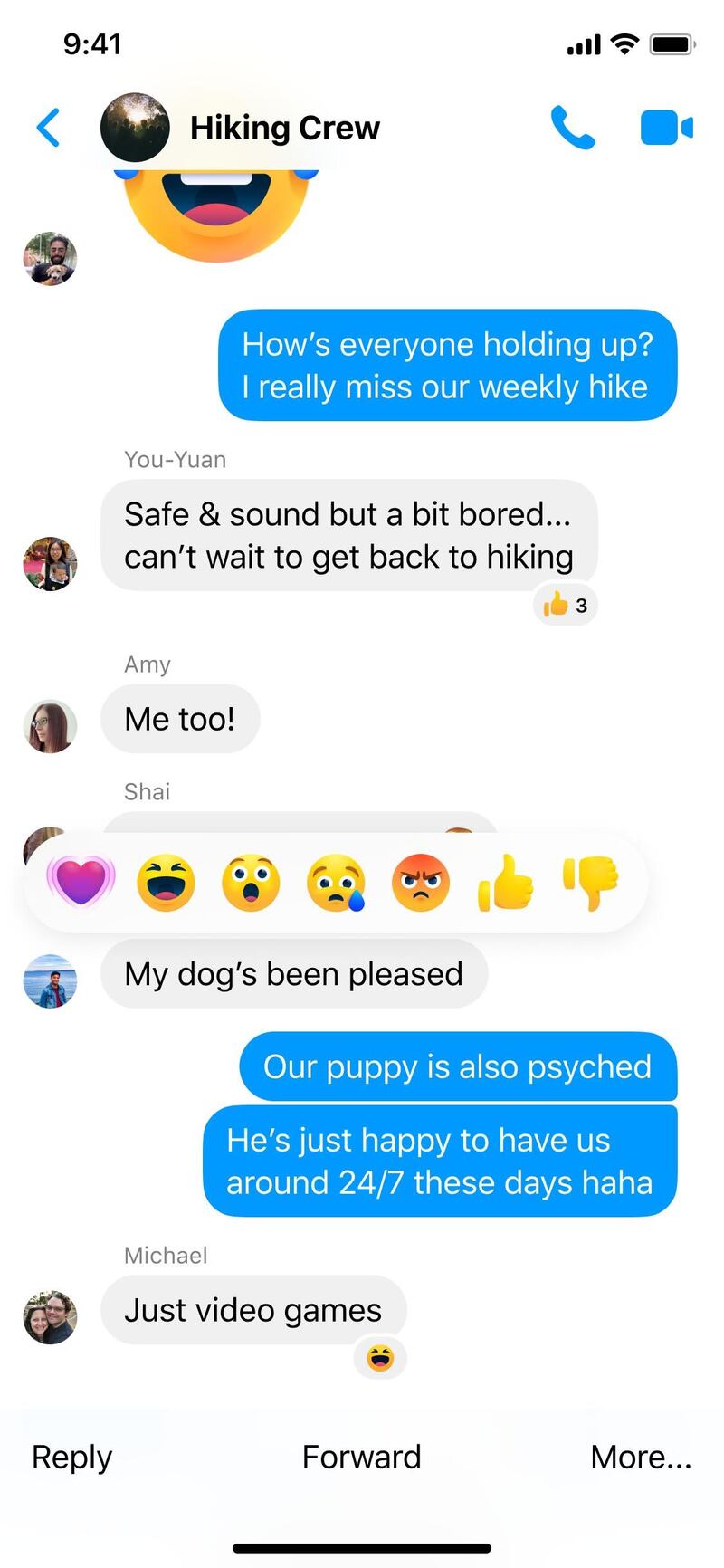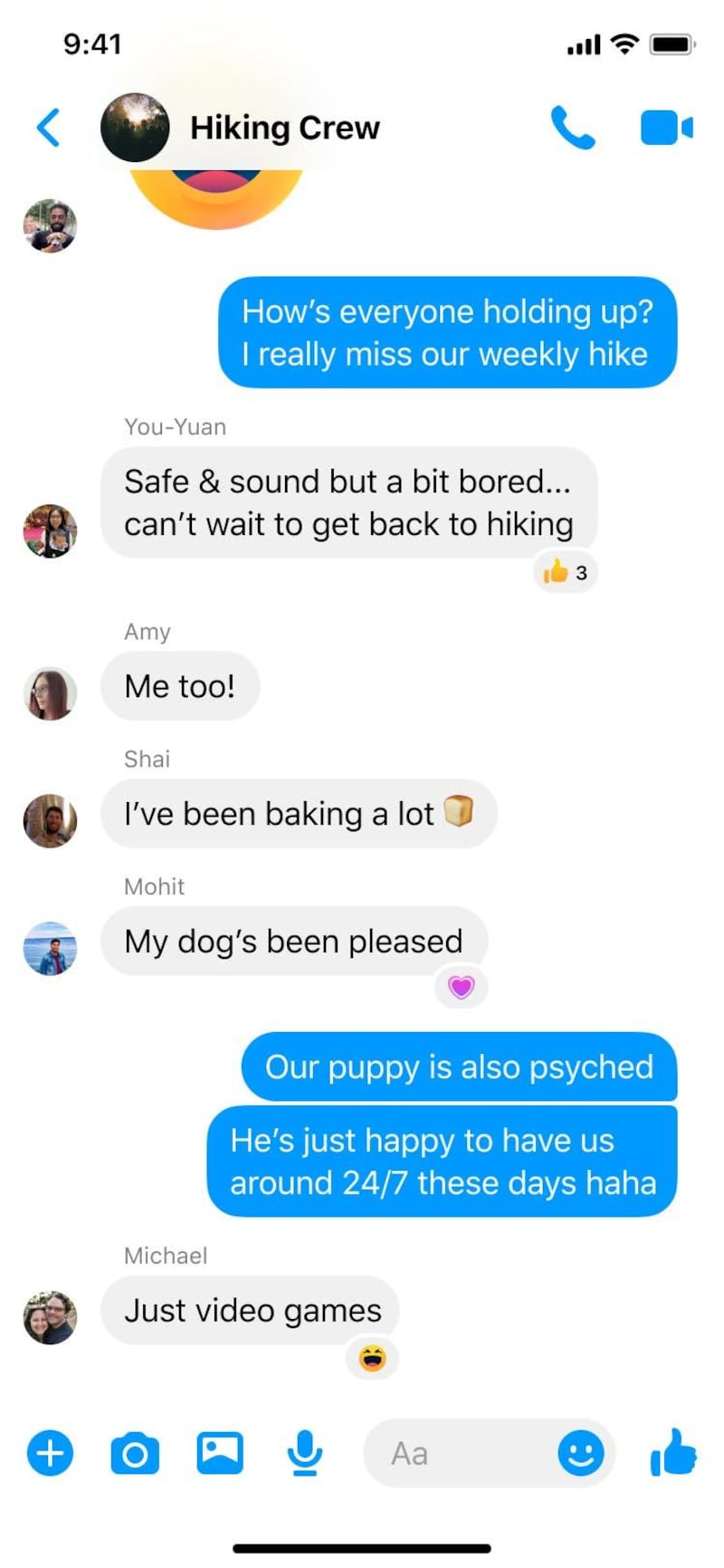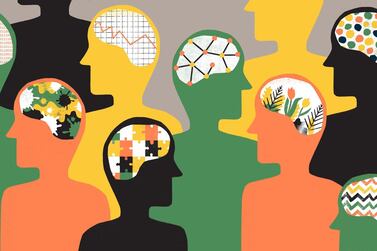As the world continues to adjust to life under the coronavirus crisis, more people are turning to social media for comfort. Whether it's to share a story, watch a live concert or just connect with friends and family, social media platforms are seeing a rise in user interaction.
Facebook, which also owns Messenger and Instagram, has unveiled a new 'Hug' reaction button which features an emoji hugging a heart and can be used in addition with the already existing 'Like, Love, Haha, Wow, Sad or Angry' ones. The reaction has rolled out on Messenger today with plans for it to go global on Facebook next week.
Fidji Simo, head of the Facebook App, explains to us the thought process behind the new reaction, from design to completion. The new button will be the first update to the current reactions which originally launched in 2016.
"We originally launched our set of reactions because people told us they wanted to express themselves in more ways than just through likes and comments – they wanted to be able to express how they felt, " says Simo.
"Fast forward to today, we find ourselves navigating unprecedented times with Covid-19 and many people have been turning to platforms like Facebook and Messenger. Our hope is to give people ways to provide and show support to one another through many of the new features we build."
The process was not easy. One of the challenges to designing a new feature to be used globally was figuring out if it can accurately convey what it was supposed to. In this case, it was about creating a button that would let user express what they're feeling during times of the coronavirus crisis.
"To make sure that people in different countries find this to be both meaningful and useful, we took feedback from many different kinds of countries and cultures until we arrived at an image we felt would suit this need for people around the world," she said.

While for years users have suggested different types of reaction buttons (including a dislike button), the Hug reaction ultimately won.
"As we've spoken with people about the kinds of emotions they want to convey in relation to posts they see in their NewsFeed, 'Hug' is one of the most frequently suggested ideas — indicating that there may be a strong need for people to express sympathy or emotional support that might be a little different from our existing 'Like' or 'Love' reactions," Simo says.
With an increase in users on the social media platform, it seems to be the ideal time for Facebook to launch the new button as well.
"We actually think that a lot of the value of reactions is that they express universal feelings that unite us all. In designing this particular reaction we were particularly inspired by the outpouring of global support that we’ve seen during the crisis and wanted to provide an experience that would help people convey support across borders," she says.
In response to the outbreak, there have been other special #ThanksHealthHeroes and Stay Home-themed stickers rolled out across Facebook, Messenger and Instagram, and a series of profile frames available on Facebook that allow people to place frames around their profile photo.
"We've seen in new research and heard from people – as well as felt the need ourselves – that there is a desire to express a special kind of support around Covid-19, " she says. "With that, we have decided to launch two new reactions to Facebook and Messenger in hopes that people will have an additional outlet to show their support for one another at this time. "
"By introducing different kinds of reactions, we've seen people engage in more lightweight ways with posts and conversations than they were able to before – sometimes you might not quite have the words to form a comment but leaving a simple reaction can say a lot. "
